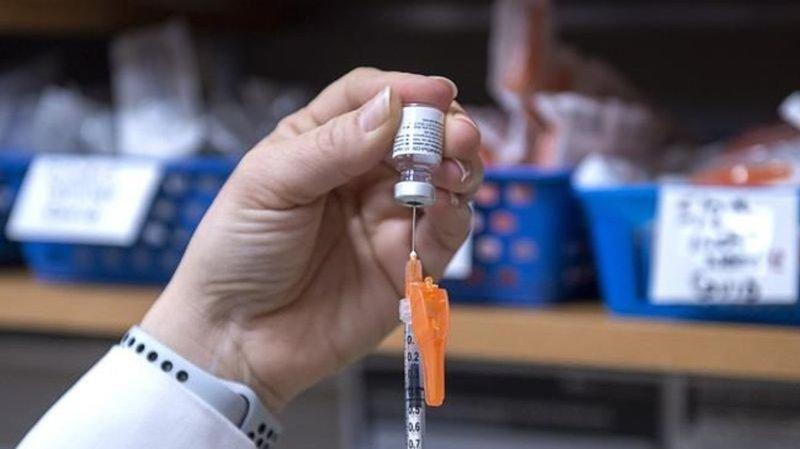A study from Tel Aviv University found that a South African variant of the CCP (Chinese Communist Party) virus affects people vaccinated with the Pfizer shot more than unvaccinated people.
The study, which has not yet been peer-reviewed, indicated that the B.1.351 variant of the virus was found eight times more in individuals who were vaccinated—or 5.4 percent against 0.7 percent—against those who were not vaccinated. Clalit Health Services, a top Israeli health care provider, also helped in the study.





